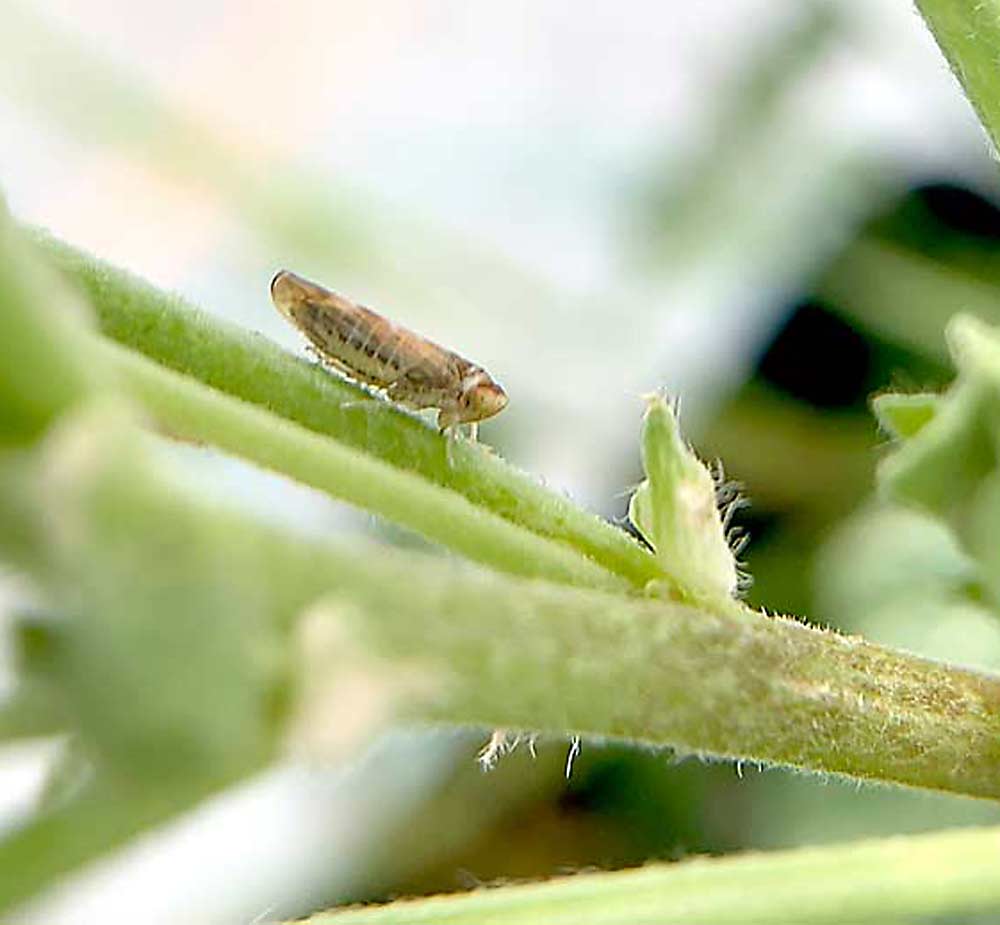July 23, 2020
Introduction to insect & disease management: A study guide for managers of agricultural and ornamental plant pests Richard Stanly Zack, Carol A Ramsay on Amazon.com.FREE. shipping on qualifying offers. Introduction to insect & disease management: A study guide for. It is a supplement to the WSU Publication EM051 Introduction to Insect and Disease Management. The information in the study manual and this internet curriculum along with the study manual Washington Pesticide Laws and Safety (EM012) are the basis for the Ornamental Insect and Disease Control Exam and the Agricultural Insect and Disease Control. A manual on the most important pests and diseases of the major food crops grown by smallholder farmers in Africa. These include: cassava, banana, sorghum, millet, beans, yam, maize, rice, cowpea. Introduction to Insect and Disease Management A study guide for managers of agricultural and ornamental plant pests. Covers management principles, insect biology, classification, and descriptions; discussion of insecticides and special precaution.
To our Cougar community on the WSU Pullman campus:

We write today with disappointing news. Our fall 2020 semester at WSU Pullman will not be what we hoped, wanted, or planned.

Given the alarming rise in the number of COVID‑19 cases regionally and nationally, all undergraduate courses at WSU Pullman will be delivered at a distance and will be completed remotely, with extremely limited exceptions for in‑person instruction. Information regarding WSU Pullman graduate coursework and instructional delivery methods will be announced by August 1.
We are coordinating closely as a WSU system in finalizing plans for the fall. Our other campuses will announce their plans shortly.
We make this decision with the health and safety of our students, faculty, and staff foremost in our minds, and that principle will continue to guide us going forward.

We know this news has major consequences for our students and their loved ones. We understand the myriad of emotions that this decision will cause… sadness, frustration, disappointment, anger, and for others, a sense of relief.
To our first‑year Cougs, who have lost any semblance of a traditional senior year of high school and their first university experience; transfer students, who were eager to continue their education as Cougs; and our returning Cougs, who have worked hard to keep their community and peer relationships intact after a disrupted spring semester; we hear and see you.
Our faculty and staff will continue to work to provide a high‑quality Coug experience for our students while following current recommendations for protecting the health and safety of our community.
Nationally, institutions of higher education are making similar decisions. In the state of Washington and other locations where our students reside, there recently have been significant increases in the number of COVID‑19 infections and related deaths. In response to the growing number of cases in our state, Governor Jay Inslee tightened Phase III reopening guidelines on July 16.
We have seen what happens when this viral disease spreads unchecked. There is loss of human life. Inequitable health care systems have caused a disparate impact for Black, Latinx, lower‑income, and rural communities. Some of our communities would not have sufficient local health care capacity, including the City of Pullman and Whitman County, should there be a widespread COVID‑19 outbreak. There is potential for significant known and unknown long‑term health consequences for people of all ages.
Students, if you can stay at your permanent residence during this current phase of the COVID‑19 outbreak, please continue progressing toward your degree from home.
Our University-owned apartments will open as planned. University-owned residence halls will open August 15, but only for those students who have a demonstrated institutional need and are approved to live on campus. Please review the fall housing information and the Q&A below and take the appropriate action for your situation.
Food service will be available with limited offerings, and we will adhere to occupancy guidelines in dining halls. Recreation and other community-building centers and activities will remain operational with limited in‑person services. Most opportunities in student life will be available for virtual engagement. Cougar Health Services will continue to provide medical and mental health care for WSU Pullman students.
We remain committed to working together through this uncharted territory in a way that keeps all of us as safe and healthy as possible. Thank you for your support.
Best regards,
Kirk Schulz
President


Insect Disease Control Study Manual Wsu Answers
Elizabeth Chilton
Provost and Executive Vice President
Insect Disease Control Study Manual Wsu Edu
Mary Jo Gonzales
Vice President of Student Affairs